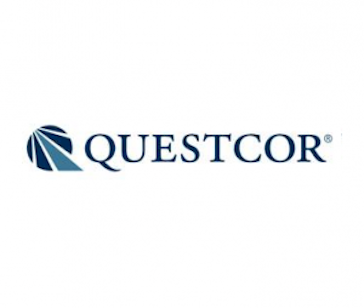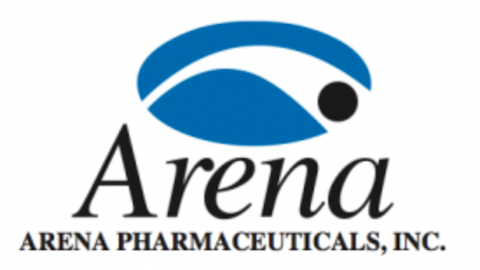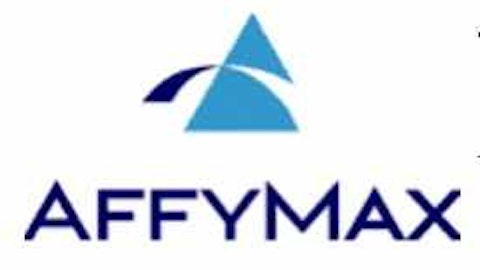Questcor Pharmaceuticals Inc (NASDAQ:QCOR) saw a 15% gain on Tuesday. The large gains occurred after the company acquired rights to develop the autoimmune drug Synacthen in the U.S. from Novartis for $60 million upfront and $75 million in milestone payments. In addition, Questcor will have to pay Novartis a royalty on sales; if it’s approved in the U.S.
Last November, Synacthen was awarded Orphan designation by the FDA, and shares of Questcor traded lower. The reason is because Synacthen and Synacthen Depot could pose a potential threat to Questcor Pharmaceuticals Inc (NASDAQ:QCOR)’s Acthar Gel.
Synacthen and Synacthen Depot are being tested for rheumatology, multiple sclerosis, infantile spasms, and nephrotic syndrome in the U.S. and are already approved in 40 markets. Acthar Gel is used to treat 19 conditions, but the bulk of its sales comes from multiple sclerosis, nephrotic syndrome, and infantile spasms. Therefore, the two products treat many of the same diseases.

A quick history lesson
At first, when I heard the news of Questcor’s acquisition, I figured the company would buy Synacthen and then never develop it in the U.S. Under further consideration, I realized that I was wrong rather quickly.
Since 2005, Questcor Pharmaceuticals Inc (NASDAQ:QCOR) has seen its valuation increase by almost 7,500% — but Acthar is the company’s only product and it was developed in the 1950s. Questcor bought the rights for Acthar Gel in 2001 for $100,000 and no one saw it as a potential blockbuster.
However, over a period of several years, Acthar Gel’s price has increased from $50 to $28,000, including a $1,650-$23,000 boost in 2007. The drug was only intended to be used on infantile spasms – but the stock and sales have skyrocketed as off-label uses have produced incredible growth.
Infantile spasms is currently third in uses for Acthar Gel – accounting for just 6% of total prescriptions – but is the primary reason that Questcor has its Orphan pricing. Hence, a disease with fewer than 800 occurrences per year is the basis for high pricing.
What is the purpose of Synacthen
Questcor Pharmaceuticals Inc (NASDAQ:QCOR) now works hard to maintain its premium pricing. In December 2012, the company had a team of 30 people who did nothing more than work on insurance reimbursements. This equates to one person for each daily script written, showing the level of detail in each use.
Questcor’s process is thorough and is built to maintain its high pricing – by creating the product from leftover animal parts — and fighting the low-cost treatment alternatives to Acthar Gel. In a sense, Questcor is one of the market’s best at maintaining premium pricing and then marketing it with success.
So, where does Synacthen fit into the equation? After the acquisition, Questcor Pharmaceuticals Inc (NASDAQ:QCOR) will still have to study the product at length for each indication in order to earn an FDA approval. In fact, because Synacthen is so cheap, it doesn’t appear as though Questcor would benefit from its use – as its introduction to the market could put pressure on Questcor to lower its prices.
However, we must keep in mind that Questcor did drastically raise prices of Acthar will success and has achieved sales beyond its own wildest dreams, according to CEO Don Bailey. Therefore, because of its success with this strategy, why wouldn’t the company attempt this strategy once more?


